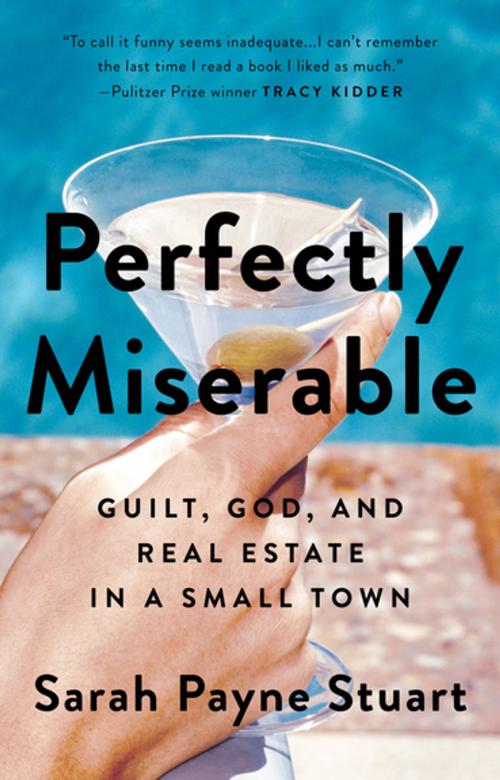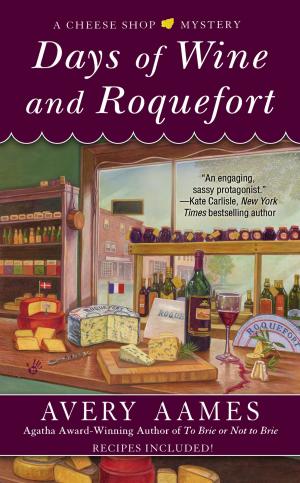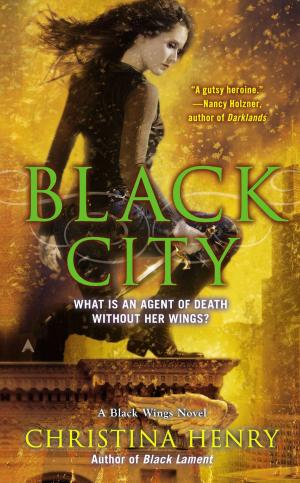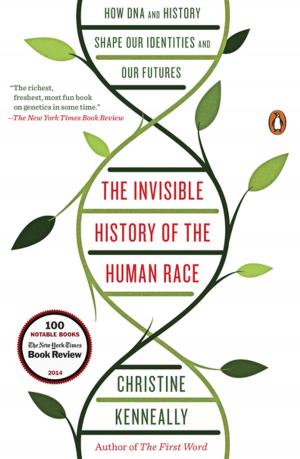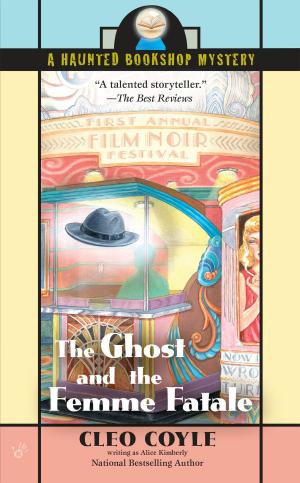| Author: | Sarah Payne Stuart | ISBN: | 9781101626740 |
| Publisher: | Penguin Publishing Group | Publication: | June 12, 2014 |
| Imprint: | Riverhead Books | Language: | English |
| Author: | Sarah Payne Stuart |
| ISBN: | 9781101626740 |
| Publisher: | Penguin Publishing Group |
| Publication: | June 12, 2014 |
| Imprint: | Riverhead Books |
| Language: | English |
A wryly comic memoir that examines the pillars of New England WASP culture—class, history, family, money, envy, perfection, and, of course, real estate—through the lens of mothers and daughters.
At eighteen, Sarah Payne Stuart fled her mother and all the other disapproving mothers of her too perfect hometown of Concord, Massachusetts, only to return years later when she had children of her own. Whether to defy the previous generation or finally earn their approval and enter their ranks, she hurled herself into upper-crust domesticity full throttle. In the twenty years Stuart spent back in her hometown—in a series of ever more magnificent houses in ever grander neighborhoods—she was
forced to connect with the cultural tradition of guilt and flawed parenting of a long legacy of local, literary women from Emerson’s wife, to Hawthorne’s, to the most famous and imposing of them all, Louisa May Alcott’s iconic, guilt-tripping Marmee.
When Stuart’s own mother dies, she realizes that there is no one left to approve or disapprove. And so, with her suddenly grown children fleeing as she herself once did, Stuart leaves her hometown for the final time, bidding good-bye to the cozy ideals invented for her by Louisa May Alcott so many years ago, which may or may not ever have been based in reality.
A wryly comic memoir that examines the pillars of New England WASP culture—class, history, family, money, envy, perfection, and, of course, real estate—through the lens of mothers and daughters.
At eighteen, Sarah Payne Stuart fled her mother and all the other disapproving mothers of her too perfect hometown of Concord, Massachusetts, only to return years later when she had children of her own. Whether to defy the previous generation or finally earn their approval and enter their ranks, she hurled herself into upper-crust domesticity full throttle. In the twenty years Stuart spent back in her hometown—in a series of ever more magnificent houses in ever grander neighborhoods—she was
forced to connect with the cultural tradition of guilt and flawed parenting of a long legacy of local, literary women from Emerson’s wife, to Hawthorne’s, to the most famous and imposing of them all, Louisa May Alcott’s iconic, guilt-tripping Marmee.
When Stuart’s own mother dies, she realizes that there is no one left to approve or disapprove. And so, with her suddenly grown children fleeing as she herself once did, Stuart leaves her hometown for the final time, bidding good-bye to the cozy ideals invented for her by Louisa May Alcott so many years ago, which may or may not ever have been based in reality.
